Eight NWO grants for talented UM researchers
The Dutch Research Council (NWO) has awarded prestigious grants to eight talented researchers from Maastricht University. Three of them receive a Vidi grant worth 800,000 euros. The laureates can use this funding to develop an innovative line of research and set up their own research group. Five young researchers have received a Veni grant worth 250,000 euros. These grants are intended for researchers who have recently obtained their doctorate and who are still at the beginning of their scientific career.
VIDI grants
The three UM laureates will work on the following research projects:
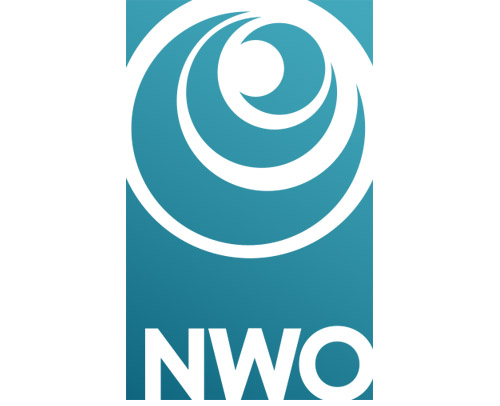
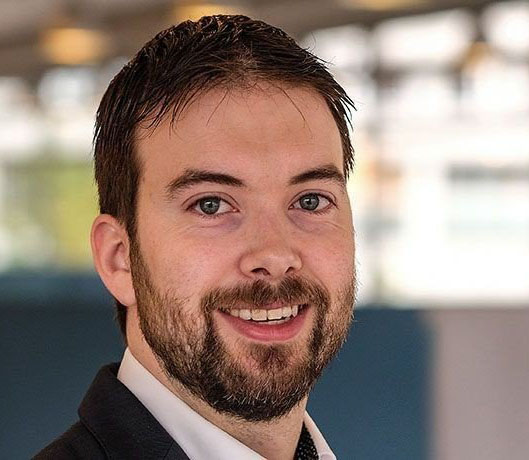
Dr. Jordi Heijman, CARIM: Time traveling to treat heart rhythm disorders
Heart rhythm disorders remain a major cause of death. To identify improved therapies, Dr. Heijman and his team will use advanced computer models to determine the mechanisms through which heart rhythm disorders become more stable over time, a process involving changes in numerous components of the heart’s electrical system occurring over milliseconds to days. Back in 2015 Dr. Heijman already received a Veni grant for his research.
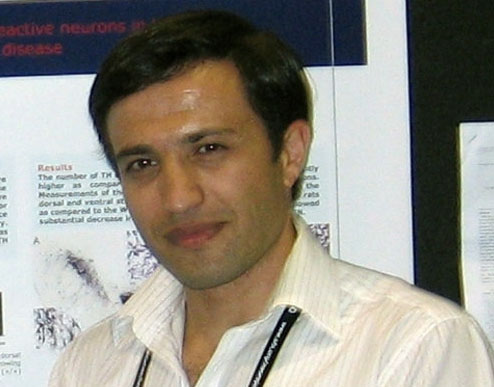
Dr. Ali Jahanshahianvar, MHeNs: Non-invasive brain modulation using nanoparticles
Neuromodulation is emerging as a promising tool to treat brain disorders, but present techniques are limited by lack of spatial targeting, invasive procedures, and patient discomfort. As a result, many patients do not benefit from it. Using nanotechnology Dr. Ali Jahanshahianvar will develop a technique that allows non-invasive and precise neuromodulation. Back in 2015 Dr. Jahanshahianvar already received a Veni grant.
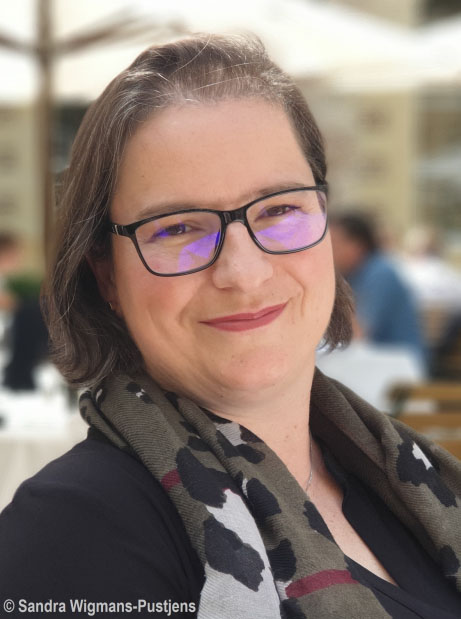
Dr. Bettina Sorger, FPN: Out of the brain - into control
Self-efficacy and communication are crucial for a growing child. Due to severe motor impairments, some children with cerebral palsy have no way of communication and controlling their environment. Dr. Sorger and her team will develop a brain-based method using functional near-infrared spectroscopy enabling affected children to actively participate in life. Back in 2009 Bettina Sorger already received a Rubicon grant.
Veni grants
Maastricht University congratulates the following five UM laureates:
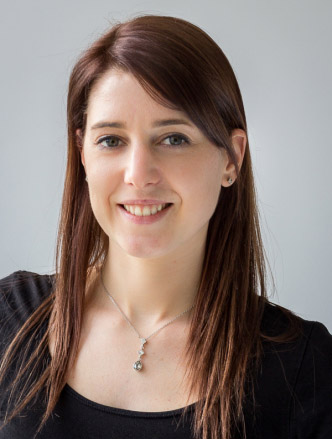
Dr. Glynis Bogaard, FPN: The language of liars. This is how you recognize it.
Our lie detection skills are poor, even with the help of existing lie-detection methods. By using new experimental methods to measure individual verbal deception cues, this project aims to improve single-case lie-detection by correcting for individual verbal language differences in truths and lies.
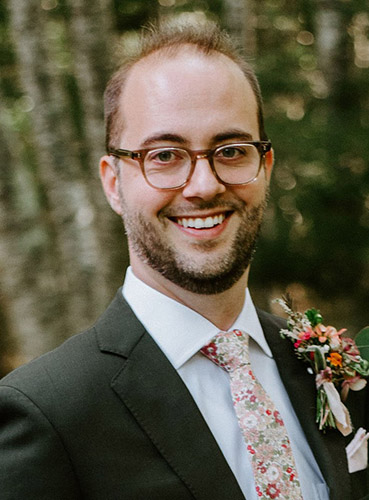
Dr. Andrew Mackenzie, SBE: Robust decentralized institutions
Many institutions feature a central administrator who gathers all private information in the economy and then calculates a decision for everyone. Dr. Mackenzie investigates institutions that achieve the same objectives with a reduced role for the central administrator, improving privacy for participants by reducing the information they must reveal.
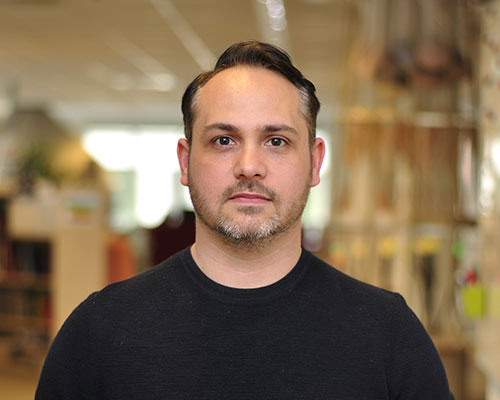
Dr. Mor Dickman, MHeNs: Light for sight. Towards a novel therapy for myopia.
Near-sightedness (myopia) can lead to blindness and is becoming more common. There are few options to save vision. Dr. Dickman will develop a new strategy called scleral crosslinking to restore strength to the part of the eye weakened by the disease and to slow or stop the progression to blindness. Dr. Dickman is also affiliated with MHeNs and the Center for Ophthalmology at Maastricht UMC+.
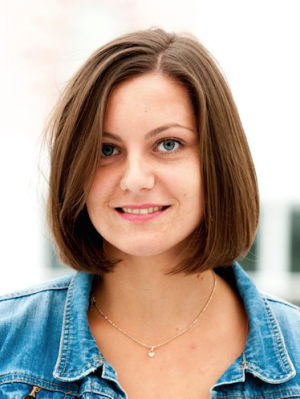
Dr. Willemijn Jansen, MHeNs: Resilience as protection from Alzheimer’s disease
We urgently need effective treatment for Alzheimer’s dementia. Remarkably, some persons are protected from developing Alzheimer’s dementia, even though they have Alzheimer’s disease pathology in their brains. Dr. Jansen will study proteins in liquor to investigate the reason behind this resilience in order to find clues for new Alzheimer treatment.
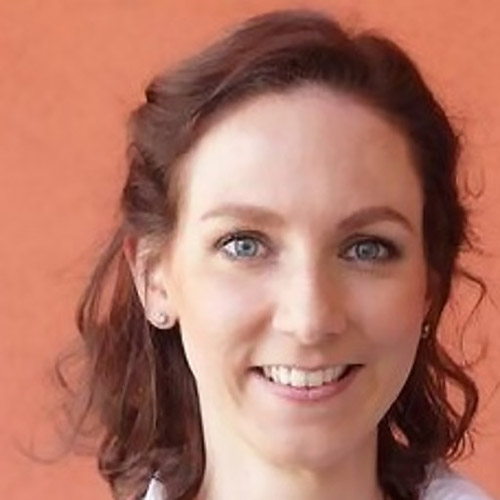
Dr. Anna Schueth, FPN: New methods for 3D microscopy of human brain tissue - in health and disease
Although our brain is 3-dimensional, it is currently investigated with small 2D tissue sections. In this research, novel microscopy approaches are developed for 3D imaging of large human brain samples, at cellular and sub-cellular resolution. This will set new standards for brain research and histology protocols in disease pathology investigations.
About Vidi
Vidi grants enable researchers to do research for five years. The grants are awarded every year. During this Vidi funding round, 503 researchers submitted an admissible research project for funding. Eighty-one of them have now received a grant.
About Veni
The Veni is awarded by NWO every year. A total of 1,127 researchers submitted an admissible research proposal for funding. 161 of these have now been granted. That comes down to an award rate of 14%. The submissions were assessed by means of peer review by external experts from the disciplines concerned. In this Veni funding round, NWO is investing a total of 41,5 million euros in free and curiosity-driven research.
NWO's Talent scheme
Together with Vidi and Vici, Veni is part of NWO’s Talent Scheme. Veni is aimed at excellent researchers who have recently obtained their doctorate. Vidi grants are aimed at experienced researchers who have carried out successful research for a number of years after obtaining their PhDs. Researchers in the Talent Scheme are free to submit their own subject for funding. NWO thus encourages curiosity-driven and innovative research. NWO selects researchers based on the quality of the researcher, the innovative character of the research, the expected scientific impact of the research proposal and the possibilities for knowledge use.